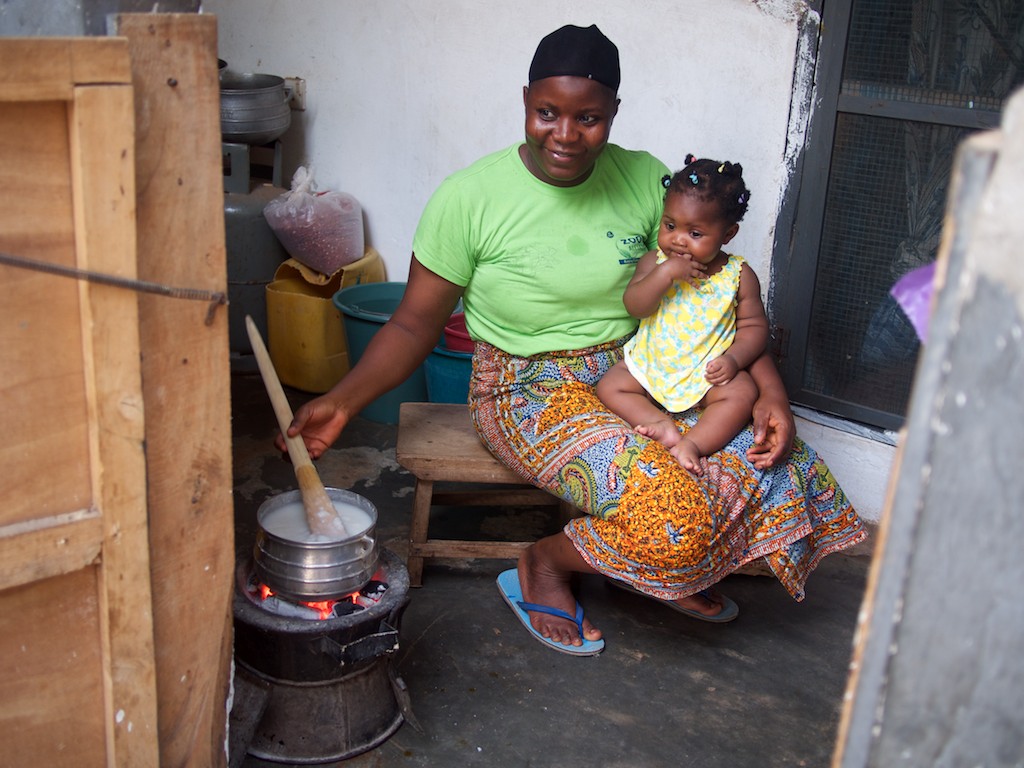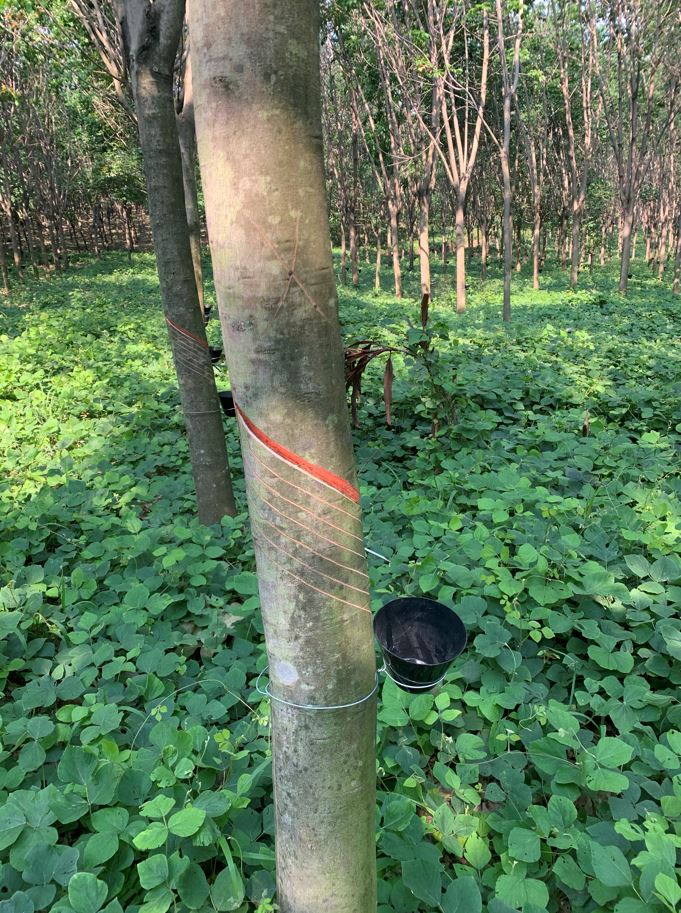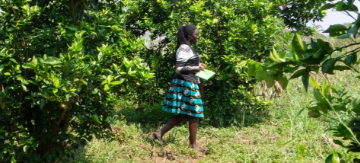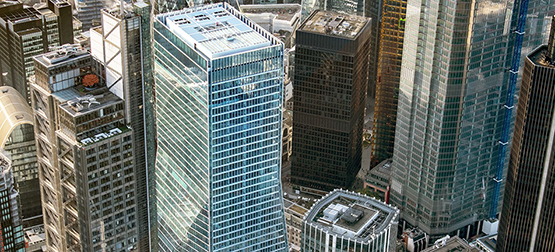Sign up to our quarterly sustainability newsletter
Freshfields REAP project
Offsetting our emissions
Freshfields is a responsible business: striving to reduce our carbon footprint and improve our environmental impact are important strands in ensuring we operate sustainably. We have been committed to carbon neutrality since 2007, seeking opportunities to reduce our carbon footprint before offsetting any remaining carbon emissions each year.
Since 2015, Freshfields has offset its emissions through Freshfields REAP, an award-winning reforestation project in East Africa. Funds generated from the carbon credits Freshfields purchase support farmers and REAP project communities: profits are shared depending on the quantity and sizes of planted trees.
Aside from this financial support, communities involved in REAP can harvest fruit, nuts and other products from the new trees, as well as improving the environment and biodiversity. The REAP project delivers against many of the UN’s 17 Sustainable Development Goals (SDGs), including gender equality in leadership, climate action, life on land, zero hunger and quality education. Read more about Freshfields REAP in our case study.
As Freshfields continues its journey to net zero, the firm has made an additional purchase of carbon credits, which we will use to continue offsetting our emissions in the coming years. We have chosen to support a portfolio of projects which cover a range of jurisdictions, and which use a variety of approaches to remove greenhouse gases or avoid their release into the atmosphere.
Renewable energy portfolio (global)
Energy generation is the single largest source of global greenhouse gas emissions with the global energy mix still dominated by fossil fuels. Renewable energy is fundamental to reducing the carbon intensity of our global energy supply, and carbon finance provides essential funds for the development of these projects.
Not only do these projects reduce greenhouse gas emissions (by avoiding their release in the first place), but they also support a number of SDGs, including affordable and clean energy, decent work and economic growth (by supporting the local economy), and industrial development and innovation.
Gas distribution leak reduction, Bangladesh
Dhaka, Bangladesh’s capital, is one of the world’s most densely populated cities. Most people in Dhaka rely upon an old and unreliable gas distribution network, resulting in methane leaking into the atmosphere. Methane is up to 25 times more potent as a greenhouse gas than carbon dioxide.
In supporting this project, Freshfields is providing carbon finance which helps to fund specialist equipment and materials to detect and effectively seal leaks, avoiding natural gas losses that would be enough to fuel a 119-MW power plant, improving the health and wellbeing of residents, providing affordable clean energy and reducing the need for imported LPG.

Gyapa efficient cookstoves, Ghana
In the developing world, nearly 3 billion people use traditional cookstoves or open fires to cook food and heat their homes. In Ghana, 80 per cent of the population use solid fuels for cooking.
The Gyapa cookstove is efficient, requiring nearly 50 per cent less fuel, and is less smoky than traditional methods, meaning a reduction in carbon emissions and toxic fumes.
This carbon project introduces families in Ghana to the Gyapa, which can save families up to $100 per year in fuels costs, as well as reducing the need for wood and protecting the trees and forests in the region.
In addition to cutting carbon, this project contributes to several of the UN SDGs, including quality education, gender equality, affordable and clean energy, and good health and wellbeing.

Sustainable rubber tree reforestation, Guatemala
Carbon finance enables this sustainable rubber tree plantation to be an economically viable alternative to clear cutting forest land for cattle grazing or intensive crops like sugarcane.
All sites involved in the project are seeking FSC certification, which will confirm that they are managed in a way that preserves biological diversity and benefits the lives of local people and workers. The planted rubber trees grow for an average of 40 years and at the end of their sap-producing life will be used for furniture production (instead of firewood), and the site will be replanted.
As well as sequestering carbon from the atmosphere, this project contributes to a number of UN SDGs, including climate action, life on land by means of restoring degraded land and improving biodiversity, and providing decent work and economic growth.

If you would like more information on Freshfields’ environment strategy please contact our dedicated ESG practice or Mikey Bloxham, environment manager (responsible business).
All images provided courtesy of Climate Impact Partners.



